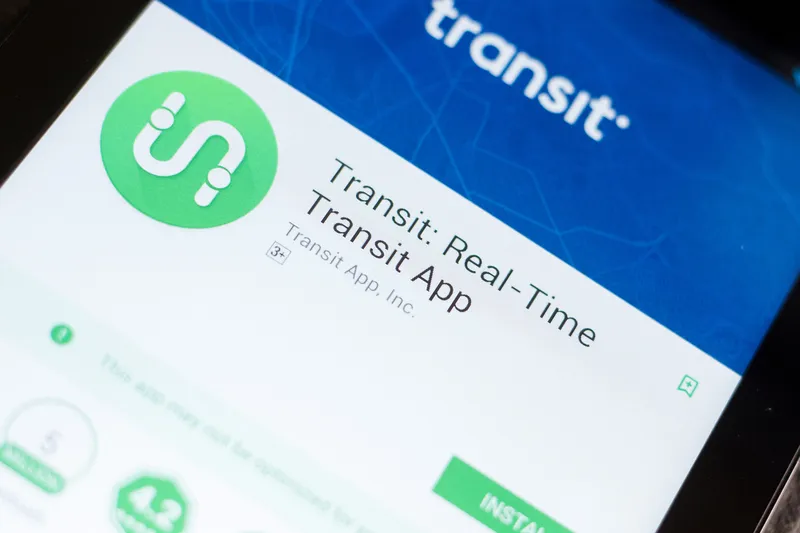According to a study by business driving expert, the Fuelcard Company, which questioned 1,000 drivers across the UK more than half of British drivers (52 per cent) have picked up some potentially dangerous driving habits.
These include going too fast or too slow, texting while driving, using the phone or hands-free, eating or smoking at the wheel, driving too close to other vehicles, throwing rubbish out of the window, hogging the middle lane and checking phone notifications.
Interestingly, more than
September 23, 2016
Read time: 2 mins
According to a study by business driving expert, the Fuelcard Company, which questioned 1,000 drivers across the UK more than half of British drivers (52 per cent) have picked up some potentially dangerous driving habits.
These include going too fast or too slow, texting while driving, using the phone or hands-free, eating or smoking at the wheel, driving too close to other vehicles, throwing rubbish out of the window, hogging the middle lane and checking phone notifications.
Interestingly, more than a third of drivers claim to only practice these bad habits when they are in their car alone. However, despite confessing to exhibiting some of these bad habits, more than one-in-four (27 per cent) of UK drivers claim to be the best driver they know and 37 per cent say they are a better driver than their partner.
The report also asked drivers about road rage with 38 per cent admitting they felt they suffered from it. The DVLA currently lists 45.5 million drivers in Great Britain, equating to 17 million drivers suffering from road rage.
Other bad practices identified in the study include driving without shoes (13 per cent), singing while driving (31 per cent) and shockingly, committing sexual acts (8 per cent).
Richard Brown, Commercial Director at The Fuelcard Company said: Whether you’re driving for personal or business reasons, bad habits can take a driver’s attention off the road meaning they can miss potential hazards.
“Some of the habits we identified seem relatively innocent, but we’d urge people to pay attention next time they’re behind the wheel to see exactly how many of these habits they’re guilty of without even realising it – they may be surprised. We’ve conducted this study to stress the importance of paying proper attention when you’re driving, to ultimately make sure our roads are a safe place to be.”
These include going too fast or too slow, texting while driving, using the phone or hands-free, eating or smoking at the wheel, driving too close to other vehicles, throwing rubbish out of the window, hogging the middle lane and checking phone notifications.
Interestingly, more than a third of drivers claim to only practice these bad habits when they are in their car alone. However, despite confessing to exhibiting some of these bad habits, more than one-in-four (27 per cent) of UK drivers claim to be the best driver they know and 37 per cent say they are a better driver than their partner.
The report also asked drivers about road rage with 38 per cent admitting they felt they suffered from it. The DVLA currently lists 45.5 million drivers in Great Britain, equating to 17 million drivers suffering from road rage.
Other bad practices identified in the study include driving without shoes (13 per cent), singing while driving (31 per cent) and shockingly, committing sexual acts (8 per cent).
Richard Brown, Commercial Director at The Fuelcard Company said: Whether you’re driving for personal or business reasons, bad habits can take a driver’s attention off the road meaning they can miss potential hazards.
“Some of the habits we identified seem relatively innocent, but we’d urge people to pay attention next time they’re behind the wheel to see exactly how many of these habits they’re guilty of without even realising it – they may be surprised. We’ve conducted this study to stress the importance of paying proper attention when you’re driving, to ultimately make sure our roads are a safe place to be.”









